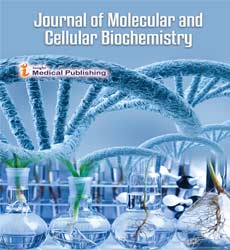Pathogenic Role of Mesenchymal Stem cell during the Systemic - Sclerosis
Abstract
Systemic Sclerosis (SSc) is autoimmune disease, characterised by microangiopathy and fibrosis. Due to the heterogeneity, in terms of extent, severity, and rate of progression, the optimal therapeutic interventions for SSc is still lacking. One future therapeutic option may be the regenerative therapies, by using mesenchymal stem cells (MSCs), displaying immunomodulatory, angiogenic and antifibrotic capabilities and counteracting the three main pathogenic axes of SSc. Considering the therapeutic potential of these cells, we largely studied MSCs isolated from SSc patients (SSc-MSCs), reporting the evidence that SSc-MSCs may be primed toward a profibrotic profile, playing a pathogenetic role during SSc. In vitro results show that SSc-MSCs, although senescent, may display immunosuppressive and regulatory properties, such as the ability to induce functional Tregs as well as to inhibit the proliferation of peripheral blood mononuclear cells. Conflicting results have been reported concerning their angiogenic properties.
Open Access Journals
- Aquaculture & Veterinary Science
- Chemistry & Chemical Sciences
- Clinical Sciences
- Engineering
- General Science
- Genetics & Molecular Biology
- Health Care & Nursing
- Immunology & Microbiology
- Materials Science
- Mathematics & Physics
- Medical Sciences
- Neurology & Psychiatry
- Oncology & Cancer Science
- Pharmaceutical Sciences
